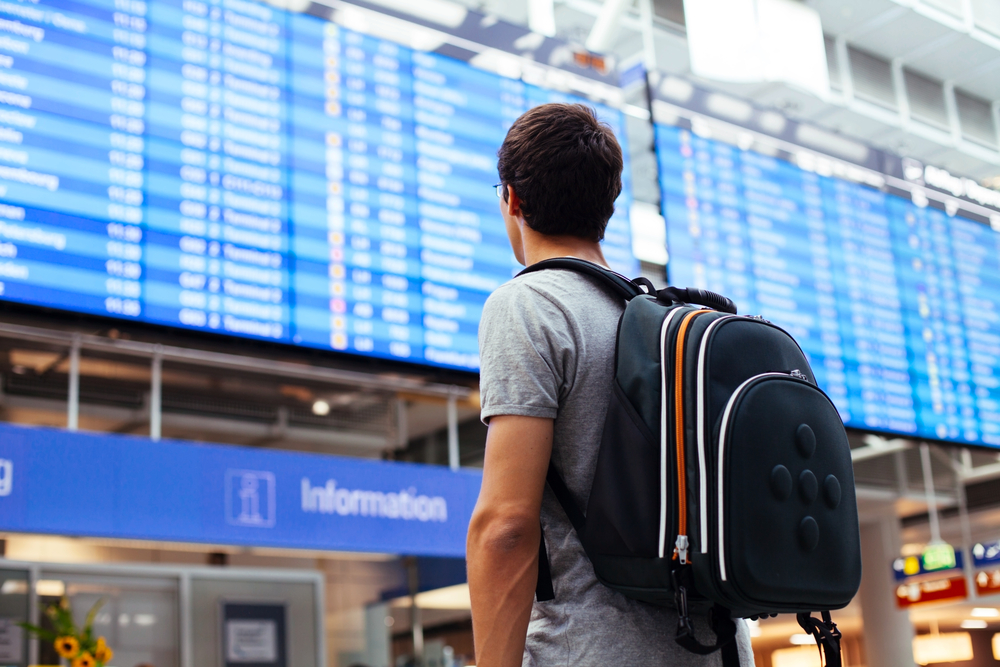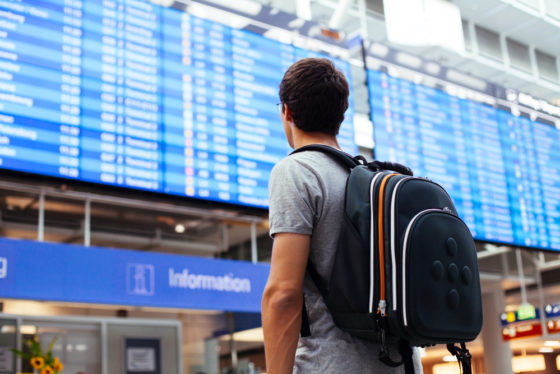How do the latest changes to the coronavirus rules affect travellers?


From March 23 nearly all coronavirus rules in the Netherlands are being dropped. Here we answer some of the most common questions we’ve been asked by people who live here or are planning to visit soon.
I’m visiting the Netherlands: do I need to take a coronavirus test and have proof of vaccination before I travel?
PCR or antigen tests are no longer needed for people travelling to the Netherlands. The general travel ban still applies to non-EU nationals, but if you’ve been fully vaccinated in the last nine months you are exempt from the ban. There is also a list of exemptions for people travelling for work or family reasons even if they haven’t been vaccinated.
If you had your second vaccine dose more than nine months (270 days) ago, you’ll need to have a booster before you can travel. There is currently no time limit for boosters. The Dutch government counts a single Janssen vaccine as equivalent to two doses, but be aware that some other countries – including Germany – do not.
I live in the Netherlands. Do I need to take a test or show proof of vaccination to come home?
EU citizens travelling to the Netherlands do not have to take a test or show proof of vaccination or recovery before travelling. If you’re a non-EU national but have a residence permit, a long-stay visa or a letter of notification from the immigration service (IND), you are exempt from the EU travel ban. There are also exemptions for family members of residents, students and people in long-term relationships.
Do I need a coronavirus test for any other reason?
From March 23 pre-admission tests will no longer be needed for nightclubs or indoor venues with more than 500 people. These are the only places where tests are still required on entry. Bars, restaurants, theatres, cinemas, museums and sports stadia are already accessible to all.
If you live in the Netherlands, the government recommends keeping the CoronaCheck app up to date in case you visit other countries where a QR code is still needed.
Do I need to wear a face mask?
Face masks will not be compulsory on public transport after March 23. They will be required on airplanes and beyond the departures area in airports. However, Dutch airlines including KLM and Transavia have said they will no longer enforce the mask mandate. Masks are no longer compulsory in shops or anywhere else.
What should I do if I have coronavirus symptoms?
If you develop symptoms you should take a self-test first. Self-tests cost around €3-€5 and are available from pharmacies and supermarkets.
If the result is positive you should book a test with the local health service (GGD) either via coronatest.nl or by calling 0800 1202. You can only book online if you have a Dutch DigiD account.
People are still strongly advised to self-isolate for at least five days after testing positive, but you no longer need to quarantine if a family member or close contact is infected, as long as you have been vaccinated or you have recently recovered.
You can end your isolation once you have gone 24 hours without symptoms. The government also recommends taking a test before visiting people who are vulnerable because of their health.
The basic advisory rules, such as sneezing into your elbow, avoiding handshakes and keeping indoor spaces well ventilated, also still apply, and the government says people should respect each other’s choices regarding testing or wearing face masks.
Thank you for donating to DutchNews.nl.
We could not provide the Dutch News service, and keep it free of charge, without the generous support of our readers. Your donations allow us to report on issues you tell us matter, and provide you with a summary of the most important Dutch news each day.
Make a donation